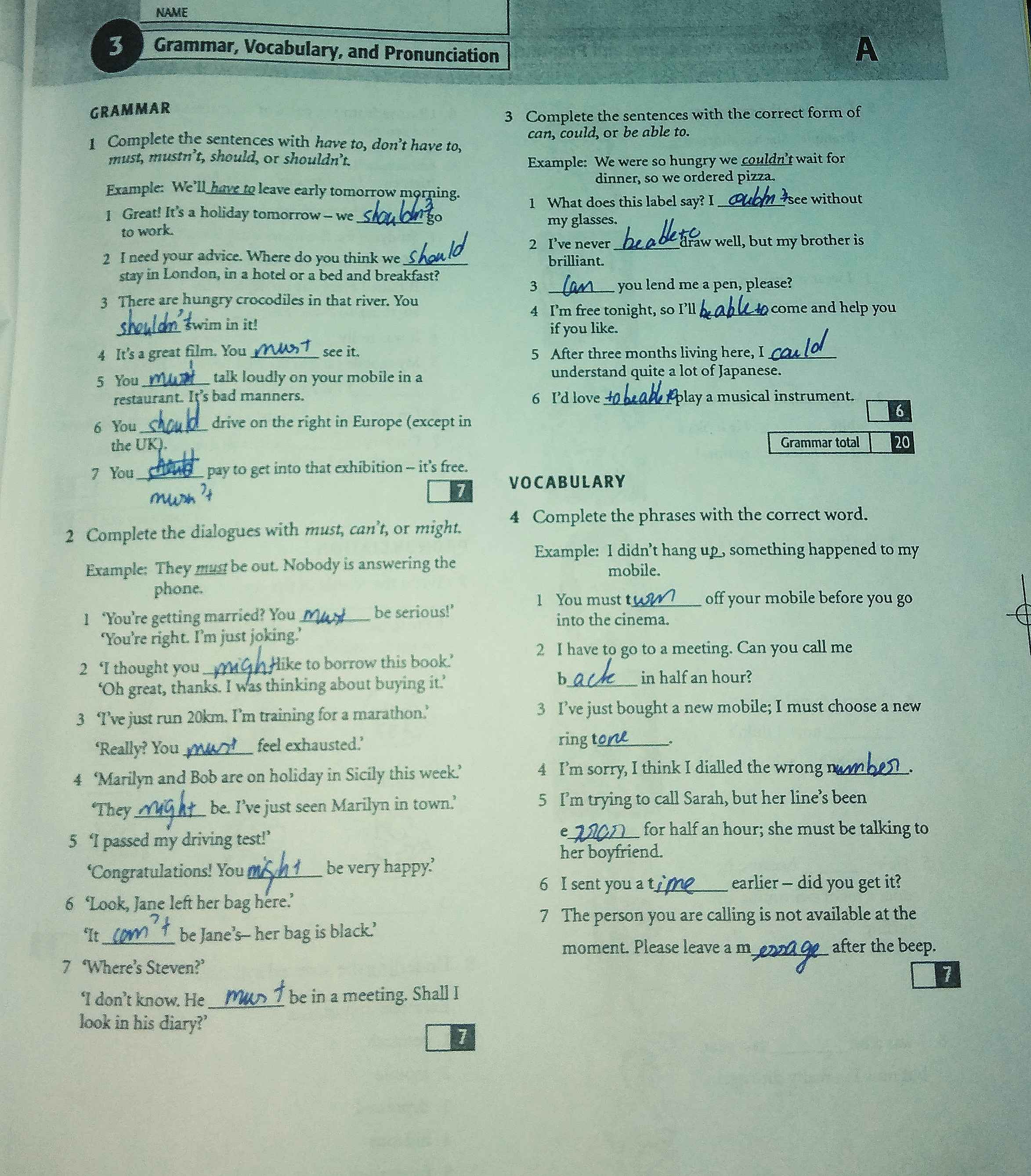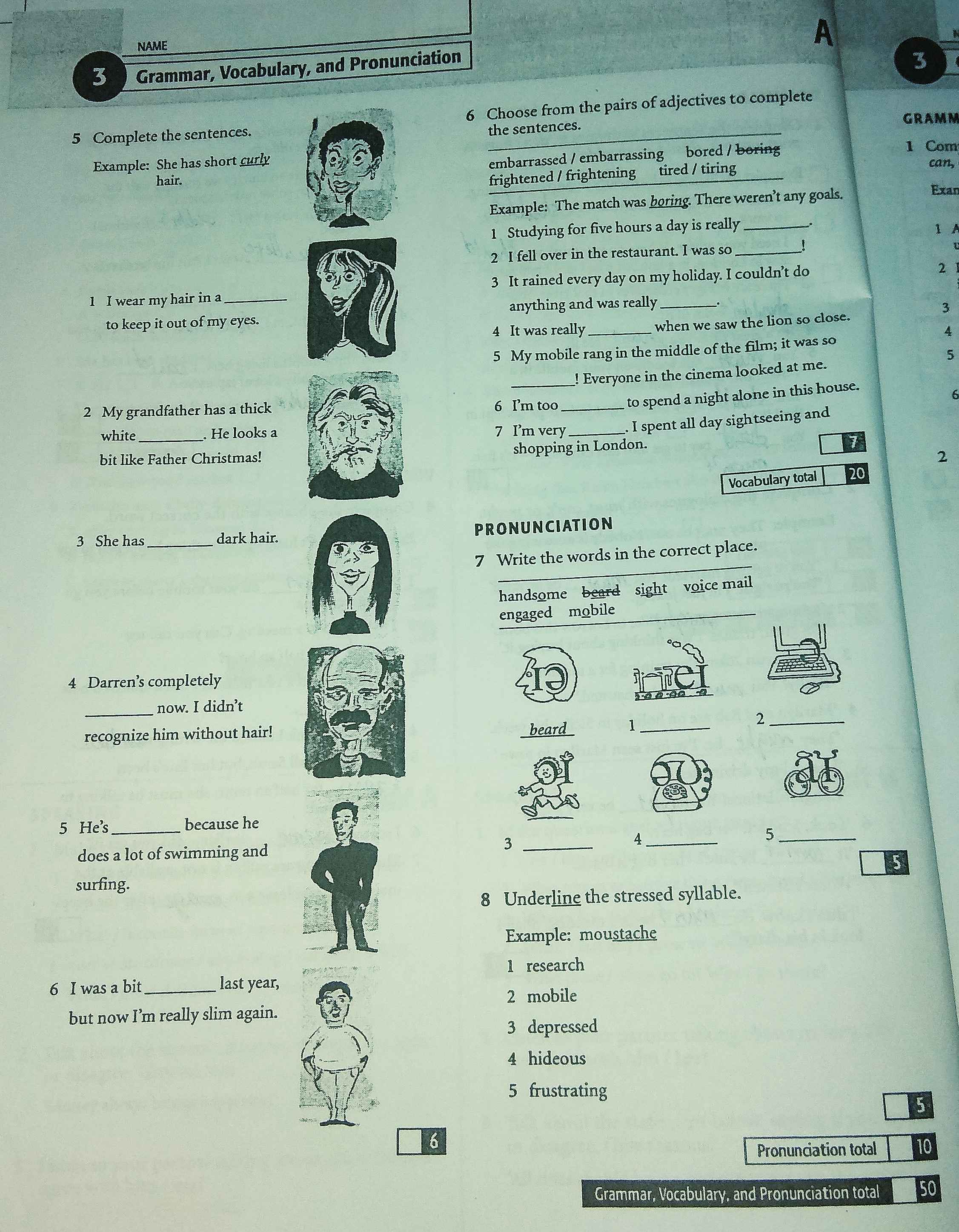Hãy nhập câu hỏi của bạn vào đây, nếu là tài khoản VIP, bạn sẽ được ưu tiên trả lời.



I. The past simple tense (thì quá khứ đơn)
1. Cách dùng:
Diễn tả một hành động, sự việc đã xảy ra và kết thúc tại một thời điểm xác định trong quá khứ.
Ex: My parents went to Ho Chi Minh city last night.
The boys came to see me yesterday.
Diễn tả hành động, sự việc xảy ra suốt một khoảng thời gian trong quá khứ bây giờ chấm dứt.
Ex: He served in the Army from 1978 to 1988.
Her father worked in a factory for 10 years.
Diễn tả hành động có tính thói quen trong quá khứ, bây giờ không còn nữa.
Ex: When I was young, I went to the cinema every week.
Each week we trekked to the big house.
Diễn tả một loạt các hành động nối tiếp nhau trong quá khứ
Ex: He walked into the room and turned on the light.
I got up, switched off the radio and sat down again.
2. Dấu hiệu nhận biết thì quá khứ đơn
Thường có các trạng từ chỉ thời gian đi liền với thì:
- yesterday, yesterday morning/ afternoon/ evening
- last night/ week/ month/ year
- last + thứ trong tuần: Monday, Tuesday ... ; last Monday ....
- last + mùa trong năm: summer, fall ... ; last summer ...
- in + năm đã qua: 1988, 2008 .....; in 2008 ...
- khoảng thời gian + ago (a week ago, two days ago ...)
- the other day (ngày nọ)
3. Phân loại:
Thì quá khứ đơn được chia làm ba thể:
a. Affirmative form (Thể khẳng định)
* Đối với động từ To be: S + WERE/ WAS ...
Nếu chủ ngữ là: I/ he/ she/ it và danh từ số ít: was
Nếu chủ ngữ là: we/ they/ you và danh từ số nhiều: were
Ex: I was at home last night.
My parents were at school yesterday.
* Đối với những động từ thường có quy tắc, thường thêm ed
Ex: clean → cleaned
Nếu động từ tận cùng là e, ta chỉ thêm d mà thôi.
Ex: live → lived
Nếu động từ tận cùng là một phụ âm + y, đổi y thành i + ed
Ex: study → studied
Nếu động từ có một âm tiết mà tận cùng là một nguyên âm + phụ âm (ngoại trừ phụ âm w, y) ta gấp đôi phụ âm rồi thêm ed
Ex: stop → stopped
* Đối với những động từ bất quy tắc: học thuộc lòng theo bảng động từ bất quy tắc và sử dụng đúng hình thức quá khứ của nó ở cột hai.
Ex: My father bought a new car yesterday.
b. Negative form (Thể phủ định)
* Đối với động từ To be: S + WERE/ WAS + NOT ...
Ex: She was not at home yesterday.
* Đối với tất cả động từ thường và động từ bất quy tắc, ta dùng: S + DID NOT + V(inf) ...
Ex: I did not see her in school yesterday afternoon.
c. Interrogative form (Thể nghi vấn)
* Đối với động từ To be: WAS/ WERE + S ....?
Ex: Were you at club last night?
Với câu hỏi có từ để hỏi: Where, When, Why, ....
WHERE/ WHEN/ WHY + WAS/ WERE + S ....?
Ex: When were you there?
* Đối với động từ thường: DID + S + V(infinitive)....?
Ex: Did you go to the cinema last night?
Với câu hỏi có từ để hỏi:
WHEN/ WHERE/ WHY + DID + S + V(inf) ...?
Ex: Where did you go last night?
Cách phát âm đuôi ed.
Những động từ có quy tắc tận cùng là âm /t/ và /d/, khi thêm đuôi ed ta đọc là /id/
need /ni:d/ --> needed /ni:did/
Những động từ có quy tắc tận cùng là âm /k/, /p/, /f/, /s/, ch, sh khi thêm đuôi ed, ta đọc là /t/
laugh /la:f/ --> laughed /la:ft/
Những động từ có quy tắc kết thúc là những âm còn lại, khi thêm đuôi ed, ta đọc là /d/
played /plei/--> played /pleid/
II. The simple past tense in wish - clause (Thì quá khứ đơn trong mệnh đề Wish)
Câu mong ước được dùng khi người nói mong ước điều trái ngược với thực tế
1. Mong ước ở hiện tại (mong thay đổi việc gì ở hiện tại):
S(1) + WISH/ WISHES + S(2) + V (past simple) ....
Lưu ý: Động từ tobe chỉ dùng dạng were
Ex: I don't have enough time to finish my exam.
--> I wish I had enough time to finish my exam.
2. Mong ước trong tương lai (mong điều gì sẽ xảy ra hoặc muốn ai đó làm việc gì trong tương lai):
S(1) + WISH/ WISHES + S(2) + WOULD/ COULD + V ....
Ex: She will not tell me.
--> I wish she would tell me.
3. Mong ước trong quá khứ (thể hiện sự hối tiếc điều gì đã xảy ra trong quá khứ):
S(1) + WISH/ WISHES + S(2) + HAD + P2 ...
Ex: I wish I hadn't eaten so much ice cream. (= but I ate so much ice cream)

A: PHONETICS (1.0 p)
I. Choose the word with different pronunciation from the others. (0.6p)
1. C. hot
2. B. wanted
3. D. pens
II. Choose the word whose stress pattern is different from that of the others. ( 1.0 pts)
1. A. sewage
2. C. balloon
B: VOCABULARY AND GRAMMAR: (5.0pts)
I. Choose the best answer. (2.0p)
1. A. pollution
2. D. which
3. B. So
4. C. were - would travel
5. D. could stay
6. C. do you
7. C. used to going
8. C. was built
9. B. on
10. B. That’s a good idea
II. Put the verbs in the brackets into the correct tense or form.(2.0p)
1. The weather is terrible today. If the weather is good, I will go for a walk.
2. Yesterday, when we visited them, they were having dinner.
3. I wrote to my pen pal 2 months ago, but I haven't received his reply since then.
4. We would rather stay at home than go out on rainy days.
5. I enjoy teaching, but I don't want to do it all my life.
6. My house is being built at present.
III/ Supply the correct form of the words in brackets to complete the following sentences. (1.0p)
1. The accident happened because he drove carelessly. (care)
2. Air pollution is one of the problems that people have to deal with. (pollute)
3. Traditional celebrations are a good source of fun and entertainment. (celebrate)
4. You should buy this book. It’s very informative. (inform)
5. In traditional settings, people eat sticky rice cakes at Tet.
C: READING. ( 2.0 p)
I. Read the text. Then choose the right sentence A, B, C or D.(1.0p)
1. C. A month
2. B. The writer and his friend.
3. D. It was nice.
4. A. By car
5. B. At 12 o'clock
II. Read the passage and answer the following questions. (1.0p)
1. He was born in Scotland.
2. No, he worked in an office for five years.
3. He studied medicine at university.
4. He won the Nobel Prize in medicine in 1945.
D: WRITING (2.0p)
I. Complete the second sentences without changing the meaning of the first sentences. (1.0p)
1. Never has he been late for work.
2. The man who is talking to the lady over there is my new boss.
3. The postman asked the boy if Mr. Pike lived there.
4. A new school will be built next month.
5. It is not easy to find an apartment in a big city.
II. Write complete sentences. (1.0p)
1. We have not seen each other for 5 years.
2. Mr. Bill used to go swimming when he was young.
3. She is the best student in the class.
4. How long does it take you to go to school every day?

exs1
1 don't have to
3 mustn't
7 don't have to
exs2
3 might
4 can't
7 might be
còn nữa ...


khôn như em:))
kt 15' là GV tự nghĩ ra đề mà